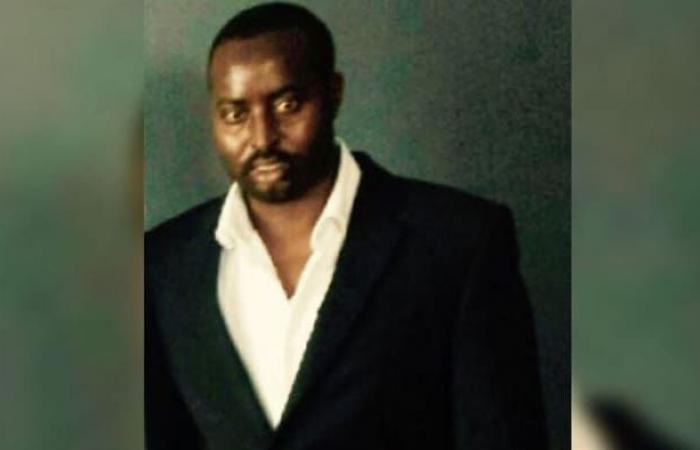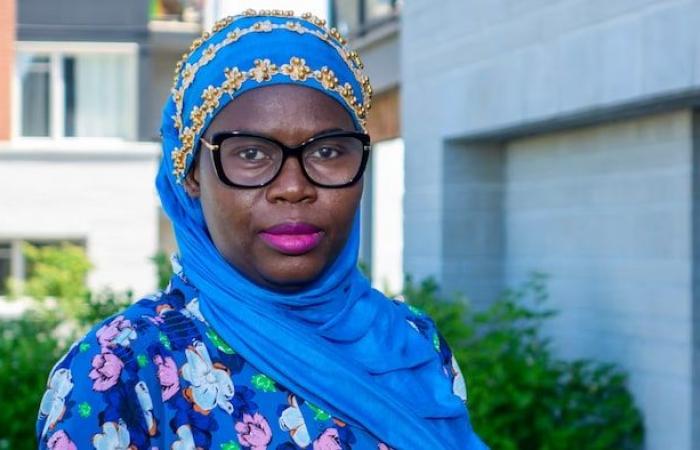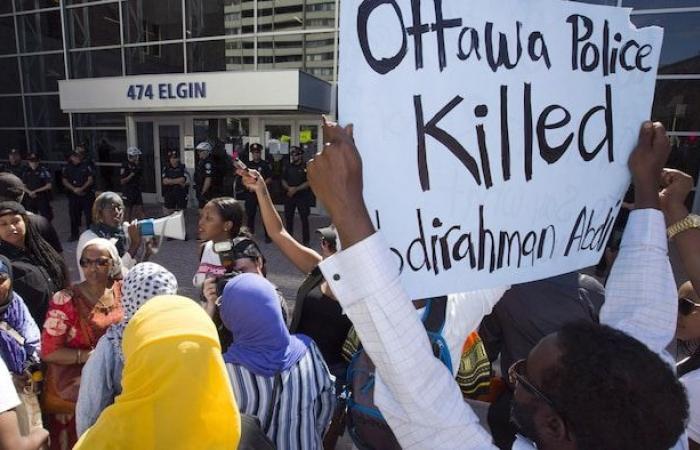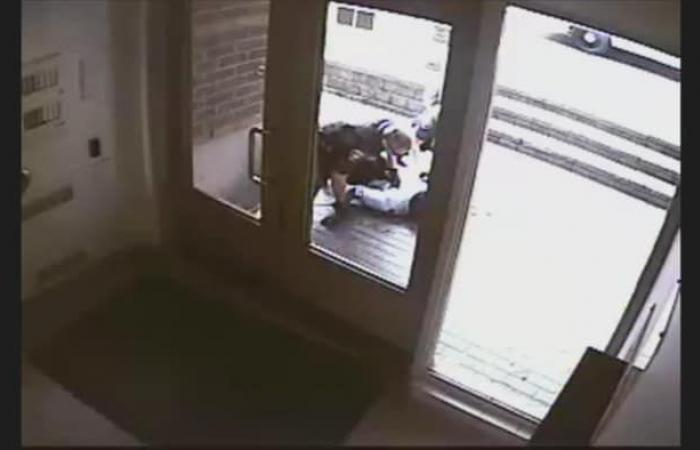The death of Abdirahman Abdi in 2016 was the “spark” leading to the creation of an organization helping people struggling with mental health and addiction problems in Ottawa.
His death was certainly a spark. There was also the movement Black Lives Matter internationally, but the starting point is pressure in the Ottawa community
explained Liz Wigfullone of two women leading Ottawa’s Mental Health and Addictions Policy Council.
She testified Friday afternoon at the 10th day of the coroner’s inquest into the death of Mr. Abdi, the day after a heavy-handed arrest.
Open in full screen mode
Mr. Abdi’s mental health issues were first documented in a police report on January 25, 2016, the day Mr. Abdi called 911 seeking help from the police. (Archive photo)
Photo: courtesy
During this testimony, Liz Wigfull was accompanied by her colleague Sahada Alolo. Before launching the organization in 2021, the two women increased consultations across the city, meeting 1,200 people, they say.
A number of people don’t trust the police. Some people don’t even dare to call 911 because they have already experienced intimidation or racism.
explained Ms. Alolo from the outset.
When someone overdoses, they prefer to use their dose of naloxone rather than call emergency services. They say they fear being criminalized
she added.
Open in full screen mode
Sahada Alolo is also the co-chair of the Ottawa Police Service Community Equity Council. (Archive photo)
Photo : - / Jean Delisle
Systemic racism recognized
The death of the Somali-Canadian is not the only event that has shaken relations between the Ottawa police and racialized communities.
Mr. Abdi’s case, however, shook many Somalis living in Ottawa, who have admitted several times since 2016 to fearing the police. Even the Orientation Council, which reaches out to the diaspora of this East African country, says it has difficulty reaching them.
There are many services for the Somali community, but lack of information and stigma mean people don’t seek help. This is our main challenge also for the black African and Caribbean community
a raconté Alolo on the field.
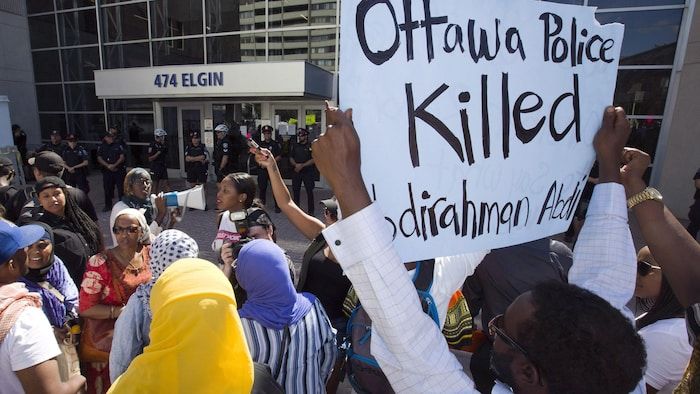
Open in full screen mode
Mr. Abdi’s death weakened ties between the Somali community and the Ottawa police. Officer Daniel Montsion was ultimately found not guilty in 2020. (File photo)
Photo: The Canadian Press / FRED CHARTRAND
Mme Wigfull nevertheless wanted to point out that the Ottawa Police Service (OPS) has been a member of the Policy Council since the beginning. He wants to be part of the solution. It is part of our system. He contributed to our funding, in addition to sharing information.
Ms. Alolo went even further, ensuring that each member of the SPO who interacted with the Orientation Council recognized
that systemic racism exists within the police force.
This was the basis of our conversation. All members [de la police] admitted it.
Limitations of the ANCHOR program
The Ottawa Mental Health and Addictions Policy Council launched the ANCHOR program with great fanfare last summer, which aims to provide support to people struggling with mental health or substance use issues. The latter also benefits from funding from the City of Ottawa.
For now, help from this group of partners is limited to downtown Ottawa, but the goal is to expand it across the city
assured Ms. Wigfull.
We respond to calls that are not violent in nature. Just dial 211
she added.
Often people don’t need the hospital or the police. They just need listening and care.
Under cross-examination, two lawyers asked questions about ANCHOR’s limitations. It is about Rick Frankof Black Action Defence Committeeand d’Anita Islandwhich works to Empowerment Councilan organization that advocates for people with mental illnesses.
ANCRE does not respond to calls of a violent or criminal nature, even if it involves mental health.
Mme Wigfull recognized that the work done since Mr. Abdi’s death would not have made a difference to Mr. Abdi
in particular because a call to 211 for a mental health crisis where a crime has been committed is immediately transferred to 911.
In the case of Abdirahman Abdi on July 24, 2016, he was struggling with mental health issues, but since he touched and grabbed women in an Ottawa cafe, ANCRE would not have been called to intervene.
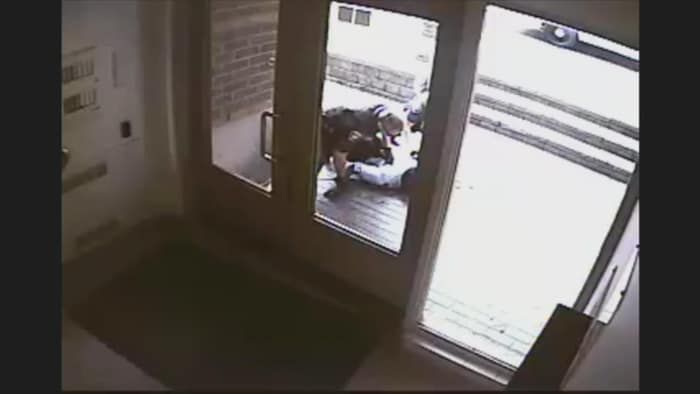
Open in full screen mode
Dave Weir (left) and Daniel Montsion attempt to handcuff Abdirahman Abdi on July 24, 2016. (File photo)
Photo: Screenshot
The two witnesses also clarified that, for the moment, there is no question of creating a system favoring a common response where mental health specialists would work hand in hand with police officers.
This is not what the community wants
said Mrs. Alolo.
With information from Guy Quenneville, CBC News

